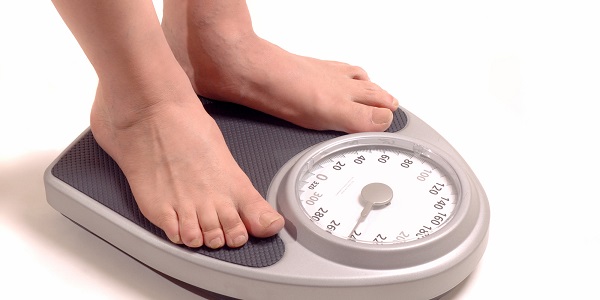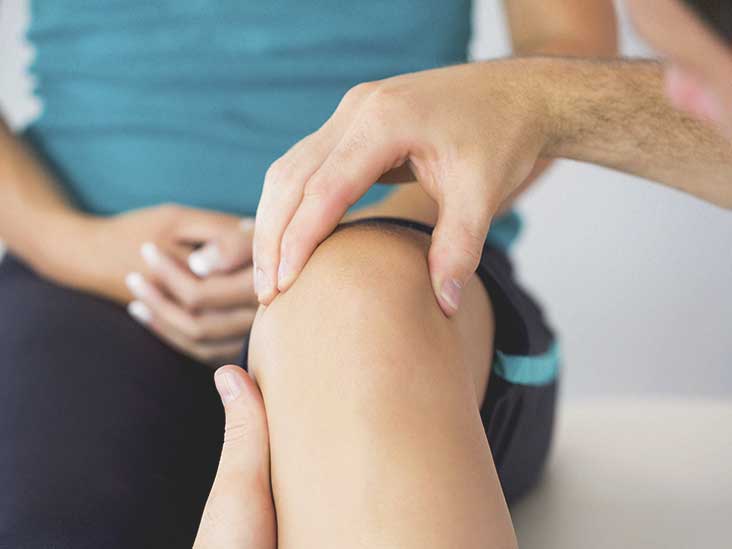You could stop working out for several reasons, including shift in job timings, pregnancy, sickness, office travels or simply to take a break. But then what happens to your body during this period? Does leading a sedentary lifestyle (even temporarily) affect your body greatly? The answer is: Yes. However, lucky for us, all it takes is going back to our normal schedules in order to get our life on track.
What Happens When You Stop Working Out?
1. Fat/Weight Gain

This one’s a no-go. The logic behind this is simple: Your consumption of food (or calories) remains the same (or may even increase). But the amount of calories that you previously burnt at the gym has now come down to zero. Simple Math dictates that you’re consuming more calories than you can burn, which in turn results in the formation of fat deposits. And this isn’t limited to normal people – even pro athletes who stopped training for a mere 6 weeks witness increased body weight and fat.
2. A Visible Loss in Strength
You will find that lifting the same weights as before would become difficult for you. For example, if you did 30 reps of bicep curls with 20 pounds of dumbbells with ease, you’ll now find that lifting 10 pound dumbbells (or the equivalent of it) would prove to be a challenge for you. Or at least, give you muscle pain. This is because when your muscles are not challenged regularly, then begin to lose protein, which in turn is absorbed by your body and excreted through urine. You can experience muscle protein loss within as little as 72 hours without working out.
3. Your Endurance Starts Declining
And this can happen as quickly as within a week of no exercise. Your endurance, cardiovascular fitness, or your level of fitness is measured by the amount of oxygen your blood is able to carry to your muscles. If you’re inactive, then you begin to lose mitochondria (aka the powerhouse of the cell), which in turn affects the ability of your cells to convert oxygen into energy.
4. Your Sickness Aggravates Declining Strength

There’s a difference between taking a voluntary break from working out, and taking a break because of health reasons. If it’s because of the latter, then you will be losing your strength and muscle mass quicker than other people. This is because when you’re sick, your body takes a toll and uses nutrients in order to fight antibodies and repair damaged body parts, especially if you are recovering from something serious like a surgery or a fracture.
5. High Blood Pressure
When you work out regularly, your heart muscles become stronger. In turn, your heart pumps more blood with lesser effort. The pressure put on your arteries decreases considerably, thus lowering your blood pressure. And guess what happens when you stop working out? That’s right – increase BP. Obviously, lack of a workout is just one of the many factors which may affect your BP, including diet, stress, caffeine and alcohol intake.
6. Increased Blood Sugar
Your tissues and muscles absorb the sugar that is released from the foods you consume. This sugar is turned into energy. However, if you’re sedentary, then your muscles don’t function as effectively. This means that their ability to absorb sugar reduces and the sugar that isn’t absorbed floats in your blood, which increases your blood sugar levels.
7. Weakening Of The Bones
What happens when you stop working out? Well, not every change is visible. And this is most obvious when to comes to your bone health. But if you’re giving up permanently on working out, then be warned that without the absence of regular movement of your bones and joints, your bones will not only age quicker, but will become brittle. Worst case scenarios could result in osteoporosis
8. Increased Joint Ache

Haven’t you already begun to notice how your joints ache more than they previously did? The reason’s the same as mentioned above. Except in this case, it is your joint muscles aka cartilage, tendons and ligaments that aren’t getting enough exercise. This means they have less blood flow and oxygenation. Plus, as you age, not only will your joints ache more, but it will also take more time for your joints to recover from any external injuries.
9. Flexibility Loss Occurs Quickly
This is one of the most obvious side effects of what happens when you stop working out. Your muscles and tendons have a default resting length, which is extended by exercising, which pushes them out of their comfort zones. And in as much as 3 days, you will start to notice a decline in your flexibility – perhaps one of the most noticeable things to occur when you stop working out.
10. Changes in Your Mood

Exercising releases dopamine from your brain – aka the ‘feel good’ hormones. An abundant release of said hormones (along with other chemicals released from your brain) have shown to drastically alter one’s mood, while also lowering your stress levels and suppress chemicals in your brain that cause depression. Plus, if you’re not gonna exercise, you’re gonna pile up on the pounds (as already explained in the first point), which in turn will aggravate your negative feelings, including developing negative body issues.
